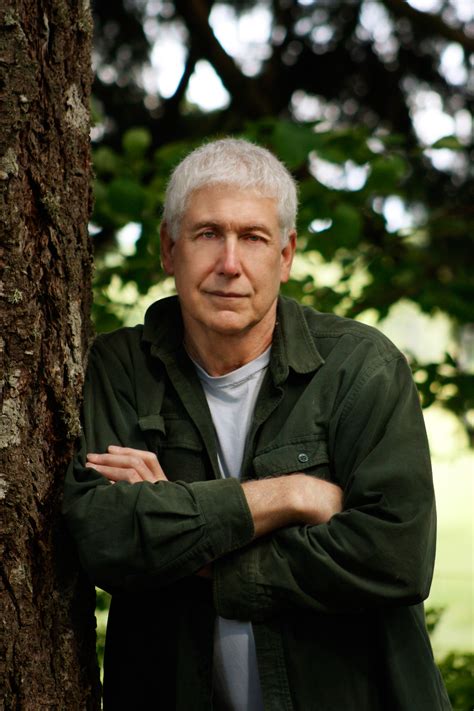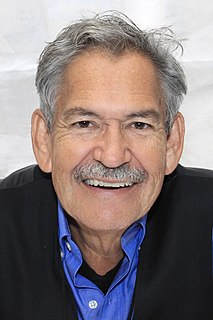A Quote by Ludwig Wittgenstein
It is a dogma of the Roman Church that the existence of God can be proved by natural reason. Now this dogma would make it impossible for me to be a Roman Catholic. If I thought of God as another being like myself, outside myself, only infinitely more powerful, then I would regard it as my duty to defy him.
Related Quotes
Though I do regard the Inquisition in general and the burning of Giordano Bruno in particular as blots on the history of the Roman Catholic Church, I am far from being actuated by hatred of that church, and in fact cannot imagine that European civilization would have developed or survived without it.
In the agreement to rescue Rome [i.e., the Roman Catholic Church's hierarchy] from the predicament of losing its world control to Protestantism, and to preserve the spiritual and temporal supremacy which the popes [had] 'usurped' during the Middle Ages, Rome now 'sold' the [Roman Catholic] Church to the Society of Jesus [i.e., the Jesuits]; in essence the popes surrendered themselves into their hands.
I think that if there were a God, there would be less evil on this earth. I believe that if evil exists here below, then either it was willed by God or it was beyond His powers to prevent it. Now I cannot bring myself to fear a God who is either spiteful or weak. I defy Him without fear and care not a fig for his thunderbolts.
I'm an ex-Catholic priest. I have such a complex relationship to Catholicism. On the one hand, if I called myself a Catholic it would have to be a very unorthodox one, as I just don't believe all of the teachings of the Church. But on the other hand, I'm an educated man because the Catholic Church educated me. It gave me something that is really important to me. So I always think about my faith. I always have it, and sometimes I can't talk about it, and sometimes I can. I am like an adolescent in that way. Teens are asking questions: who is God and what does it mean to have faith?









































